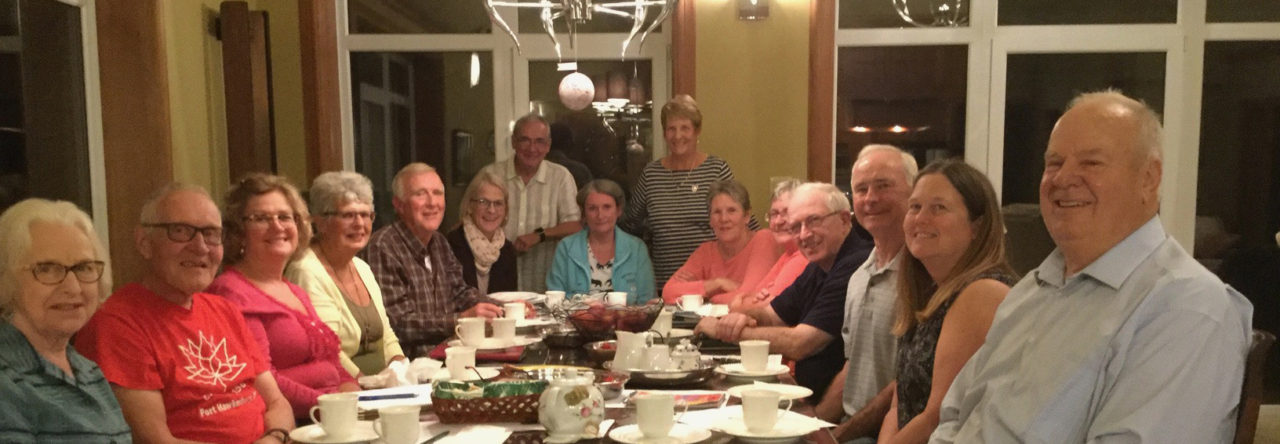The Kawambwa school in Northern Zambia is situated in an area of Africa with distinct wet and dry seasons. During the wet season crops grow abundantly and in the dry season crops are planted and irrigated, producing three crops a year.
Inverness county Cares visitors to the Kawambwa School — Betty Jane Cameron, Charlotte Rankin and John MacInnis — were impressed by the school gardens which cover 5000 square meters of fertile loam soil. These gardens are part of an ambitious sustainability plan. They ensure the school always has ample high-quality food for staff and students. The gardens are also a source of revenue and produce is sold in local markets.
The gardens are tended by staff member Mr Victor Nkandu, school gardener John Mpundu, as well as students, including those who are visually impaired. Despite the fact many have limited vision they maneuver nimbly among the plants as they work in the garden. Betty Jane remarked, “The children are industrious workers and help cultivating and carrying pails to water the plants when needed”.
The soil is enriched by applications of compost and fertilizers. The cultivation and tilling of the garden are carried out totally by hand without any mechanical tools or livestock involved. People of all ages toil daily at this very strenuous and arduous type of work. Charlotte Rankin noted, “Every morning, a work force of men and women set out carrying their large, heavy grub hoes to work in the fields of maize (very tall white corn). The gardens are enclosed by skillfully woven bamboo poles which keep out human and animal poachers”.
John MacInnis stated, “The wide variety of vegetables grown make for a colourful looking garden as well as allowing for diversity in the students’ daily meals”. The main school garden crops include maize, cassava (tapioca), cabbage, rape, Chinese cabbage, carrots, eggplant, green peppers, pumpkin, peanuts and tomatoes. ‘Greens’ are an important part of the Zambian diet. Young leaves of the pumpkins, rape leaves (part of cabbage family but similar to swiss chard) and sweet potatoes leaves are used in many flavourful recipes. These vegetables are usually cooked with tomato and onion, and sometimes in a groundnut (peanut) stew. In Nova Scotia our main starch food is potato. Nshima is the staple food of Zambia. It is basically a very thick porridge made from finely ground white corn (maize) meal. It is served in semi-solid form and eaten with the hands. The students also enjoy the bounty from lemon, mango and avocado trees and pineapples are also a special favourite.
In addition to the plant menu options Zambians enjoy a special treat… termites. They are harvested at a particular time of year and roasted crisp… a good source of protein and according to Betty Jane Cameron, John MacInnis and Charlotte Rankin, quite tasty too.
Inverness County Cares (ICC) always welcomes new members. Individuals who wish to donate can use the donate button on our website http://invernesscountycares.com or send a cheque to Inverness County Cares, Box 99, Judique, NS, B0E1P0. Tax receipts provided.









